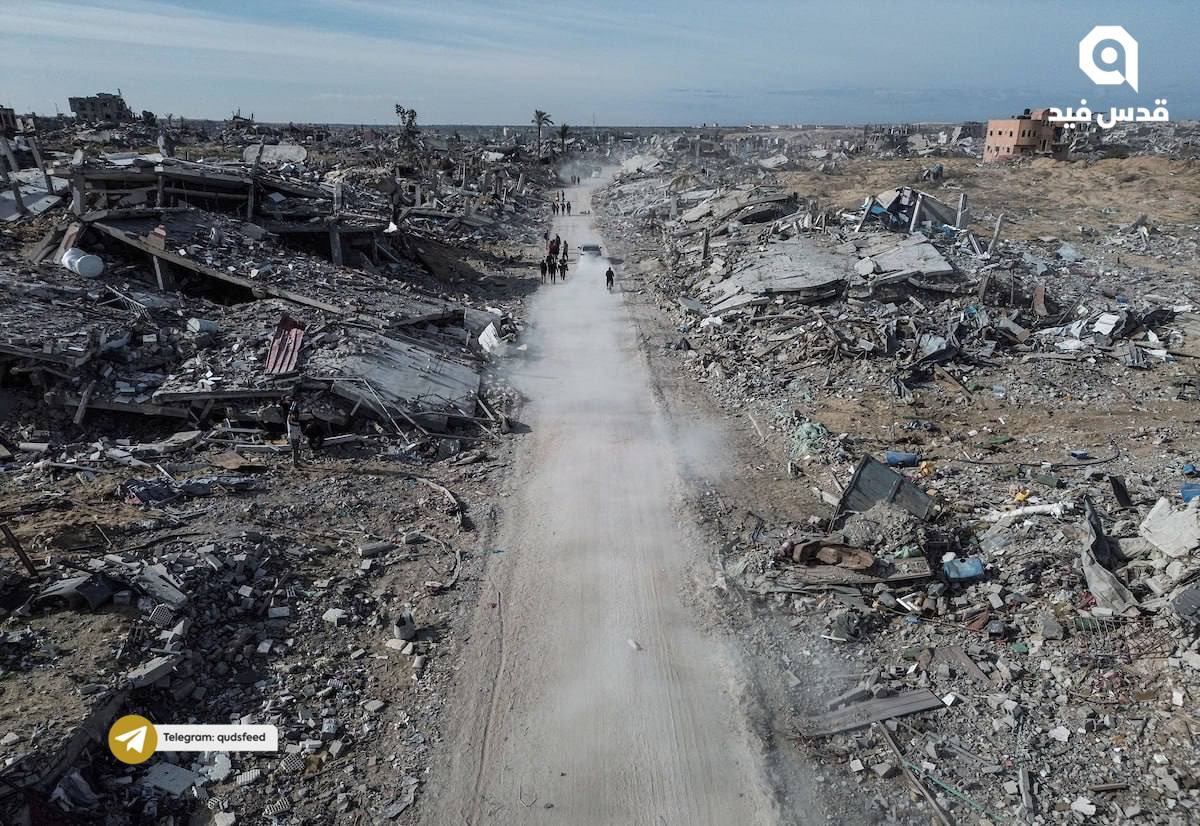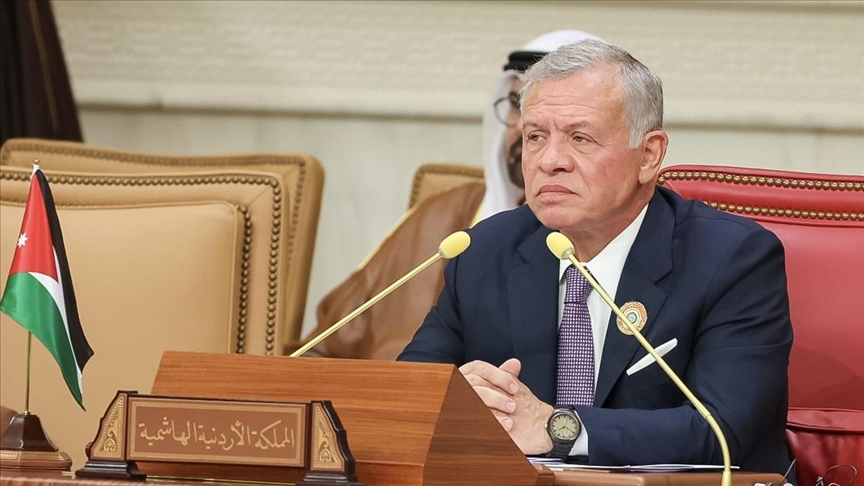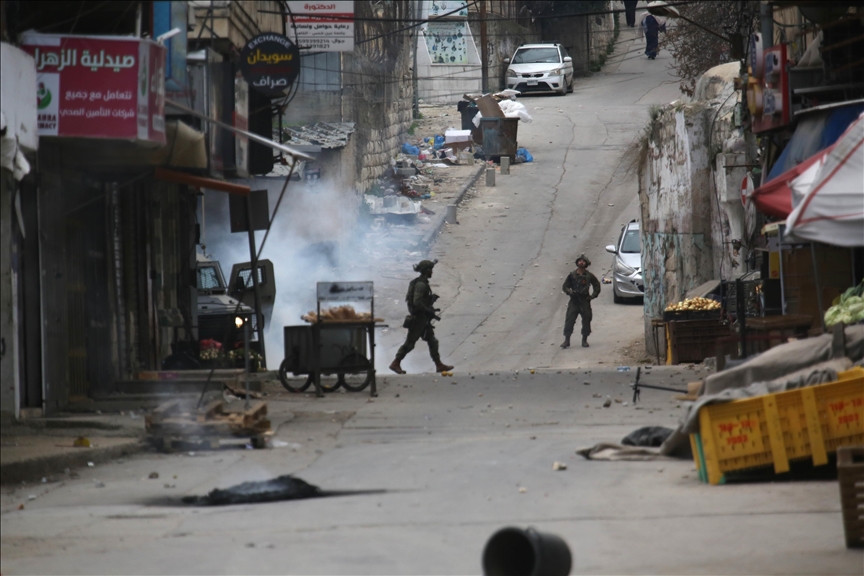Smotrich: Israel Set to Occupy Gaza
Israeli Finance Minister Bezalel Smotrich said Monday that his country’s military is preparing to occupy the Gaza Strip under the leadership of the newly appointed Chief of Staff, Eyal Zamir, in coordination with US President Donald Trump’s administration.
Smotrich made the remarks during a speech at the outset of a parliamentary bloc meeting of the Religious Zionist Party in Israel’s Knesset, according to Israeli media sources including the Israeli Broadcasting Authority (KAN), the Maariv daily and Channel 7.
Speaking about northern Israel’s security situation, he said the Lebanese group “Hezbollah is now at its lowest level in decades. It is isolated within the Lebanese government, distant from power centers, cut off from its overland supply route in Syria, deprived of its leadership, and we have eliminated most of its capabilities.”
He claimed that “the Israeli army holds sovereignty in Lebanon, attacking anything that moves freely, and remains stationed at five military points along the border to protect northern towns, with no intention of stopping.”
Last Tuesday, Lebanon’s National News Agency (NNA) reported that the Israeli military withdrew from the villages and towns it occupied in southern Lebanon except for five key points along the border.
Regarding the Gaza Strip, Smotrich warned the Palestinian group Hamas, noting that its fighters “know very well that their time on the ground is limited until Israel returns to battle with all its strength, speed and lethal capacity that will defeat and destroy them.”
“When we decide that the time has come to resume the war, you will be surprised by the unity, strength and lethal precision of our Gaza occupation,” he added.
Smotrich vowed to Hamas a “painful revenge that will leave no remnants or refugees.”
He noted that the Israeli military is preparing under the leadership of Chief of Staff Zamir, who will assume his duties in the first week of March, with political backing from the Trump administration, which “is finally speaking clearly about eradicating Hamas from the face of the earth,” according to Anadolu.
Regarding the West Bank, Smotrich threatened to transform areas there into a situation similar to Jabalia in northern Gaza, where Israel committed extermination and ethnic cleansing.
He boasted of forcibly removing tens of thousands of Palestinian residents from refugee camps in the West Bank to enable his army to destroy those sites.
He said the Israeli military is operating tanks and armored vehicles in the occupied West Bank to eliminate those he claims are “terrorists.”
On Sunday, the Israeli military said it had transferred a battalion of tanks to Jenin in the northern West Bank for the first time in more than two decades.
The same day, the official Israeli Broadcasting Authority said that “for the first time since Operation Defensive Shield in 2002, Israeli tanks have moved into the Jenin area as part of preparations to expand the operation in the northern West Bank.”
A Gaza ceasefire and prisoner swap deal took effect last month, halting Israel’s genocidal war, which has killed nearly 48,350 people, mostly women and children, and left the enclave in ruins.
The International Criminal Court issued arrest warrants in November for Israeli Prime Minister Benjamin Netanyahu and his former Defense Minister Yoav Gallant for war crimes and crimes against humanity in Gaza.
Israel also faces a genocide case at the International Court of Justice for its war on the enclave.

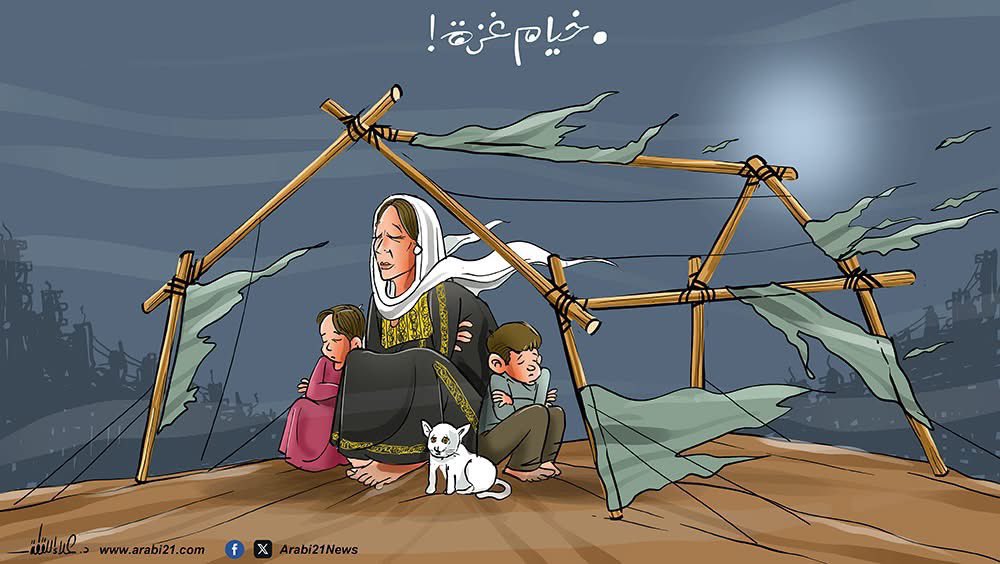
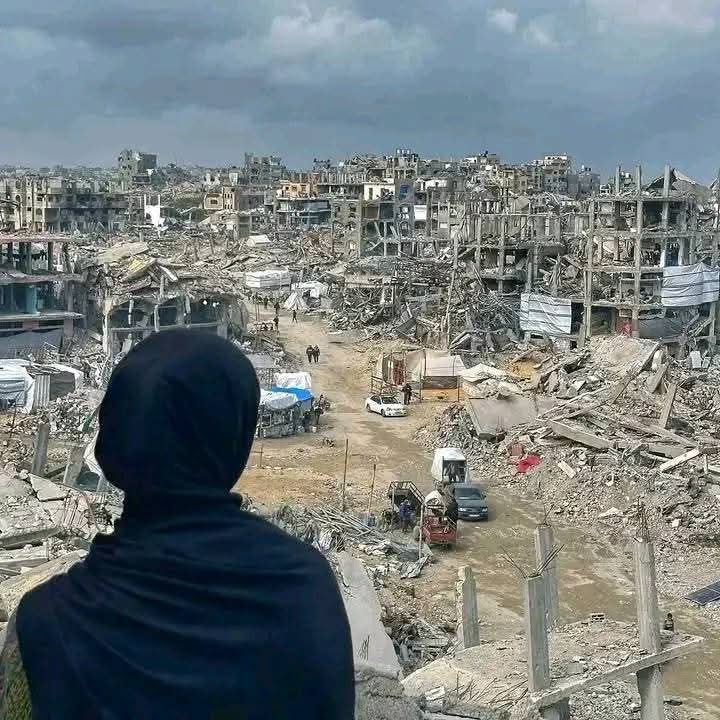
 New Report: The
New Report: The  Read more:
Read more: 